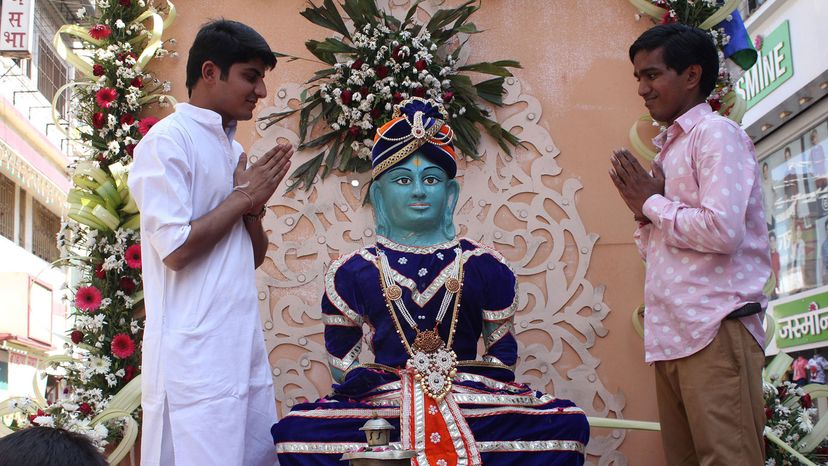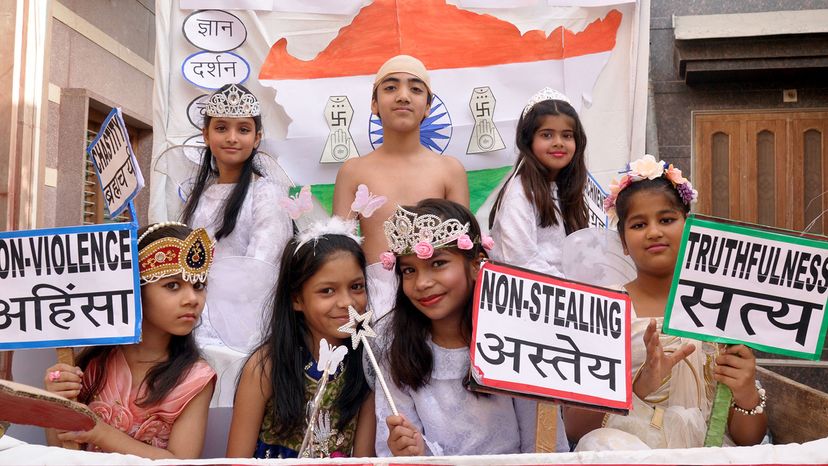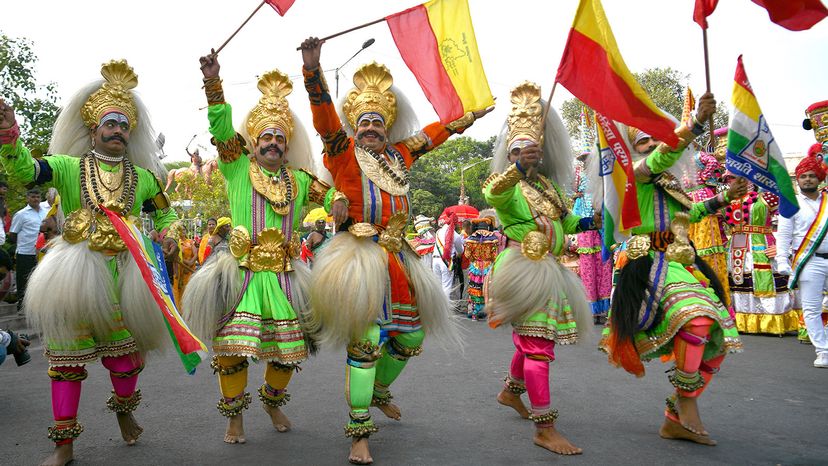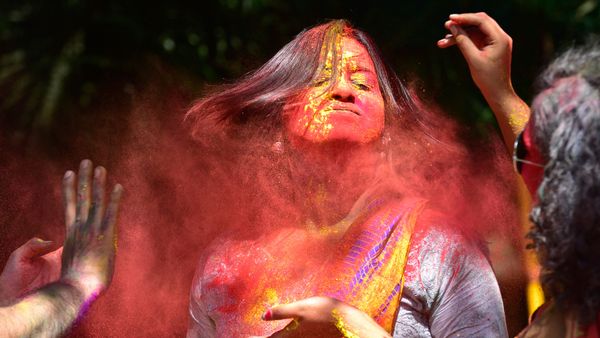
What if every living thing in the universe had a soul? Not just humans, but also cows and pigs, ants and mosquitoes, trees and flowers, corn and tomatoes, fungi and microscopic bacteria. According to the ancient Indian faith of Jainism (pronounced as it looks — "Jane-ism"), not only does every living thing have a soul, but all souls are equally valuable and equally deserving of respect and compassion.
In its strictest form, Jainism is practiced by ascetic monks and nuns in India, some of whom renounce all worldly possessions (including clothing in one tradition), cover their mouths with a white cloth to avoid causing unnecessary harm with their breath and saliva, and carry a soft brush or feather duster while walking to gently sweep away any tiny souls (in insects) in their path.
Advertisement

But for millions of Jains in India (estimated at 4.5 million) and worldwide (another 250,000), their faith is fully intertwined with modern life. The core teachings of Jainism — nonviolence, non-possessiveness and multiplicity of viewpoints — are not only viewed as the best way to achieve the ultimate liberation of the soul (moksh), but also the right way to treat others and to care for the environment.
The United States is home to an estimated 150,000 Jains, a tiny fraction of the American religious landscape, but enough to support vibrant Jain communities nationwide including dozens of ornate Jain temples.
Advertisement





